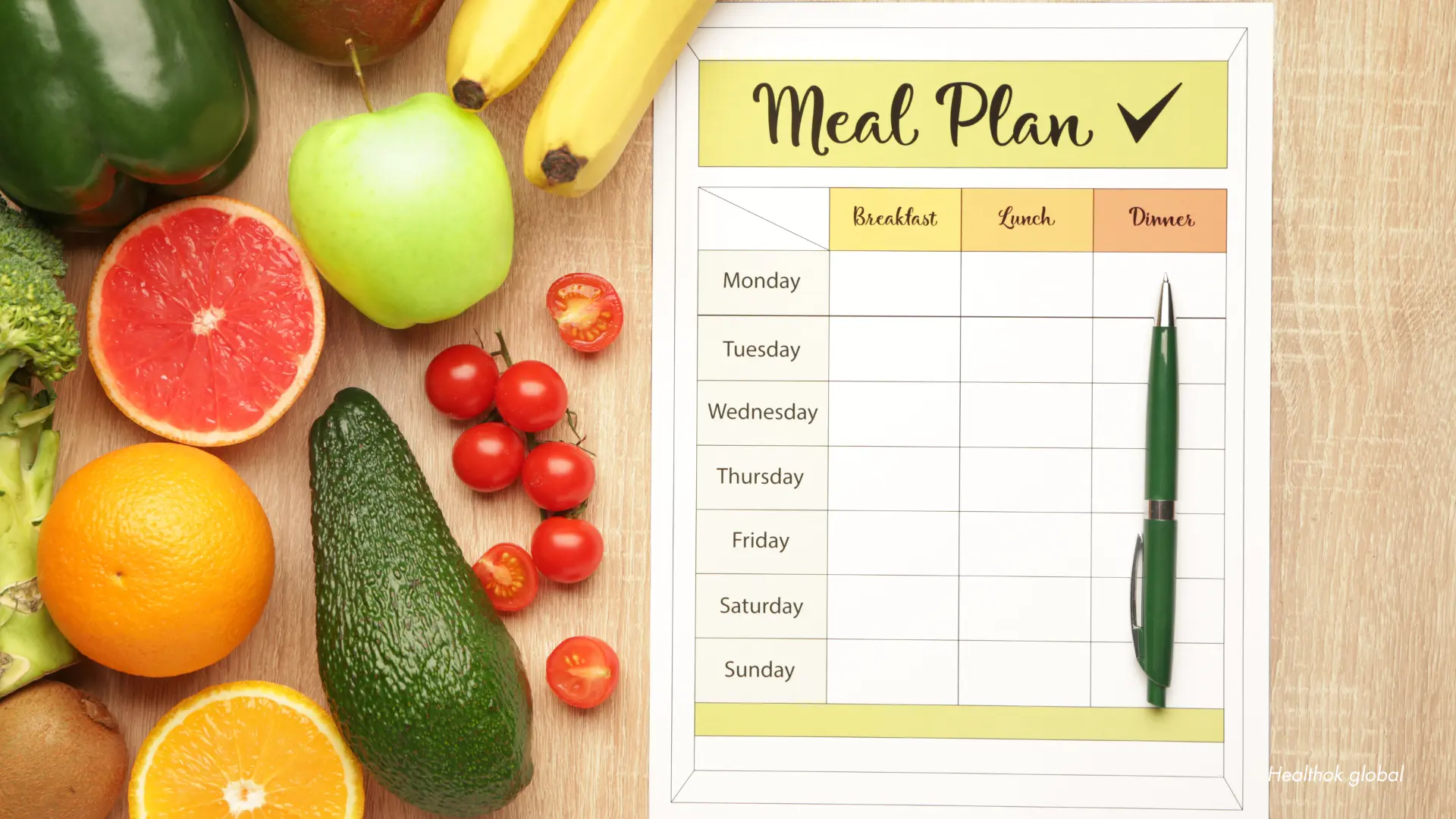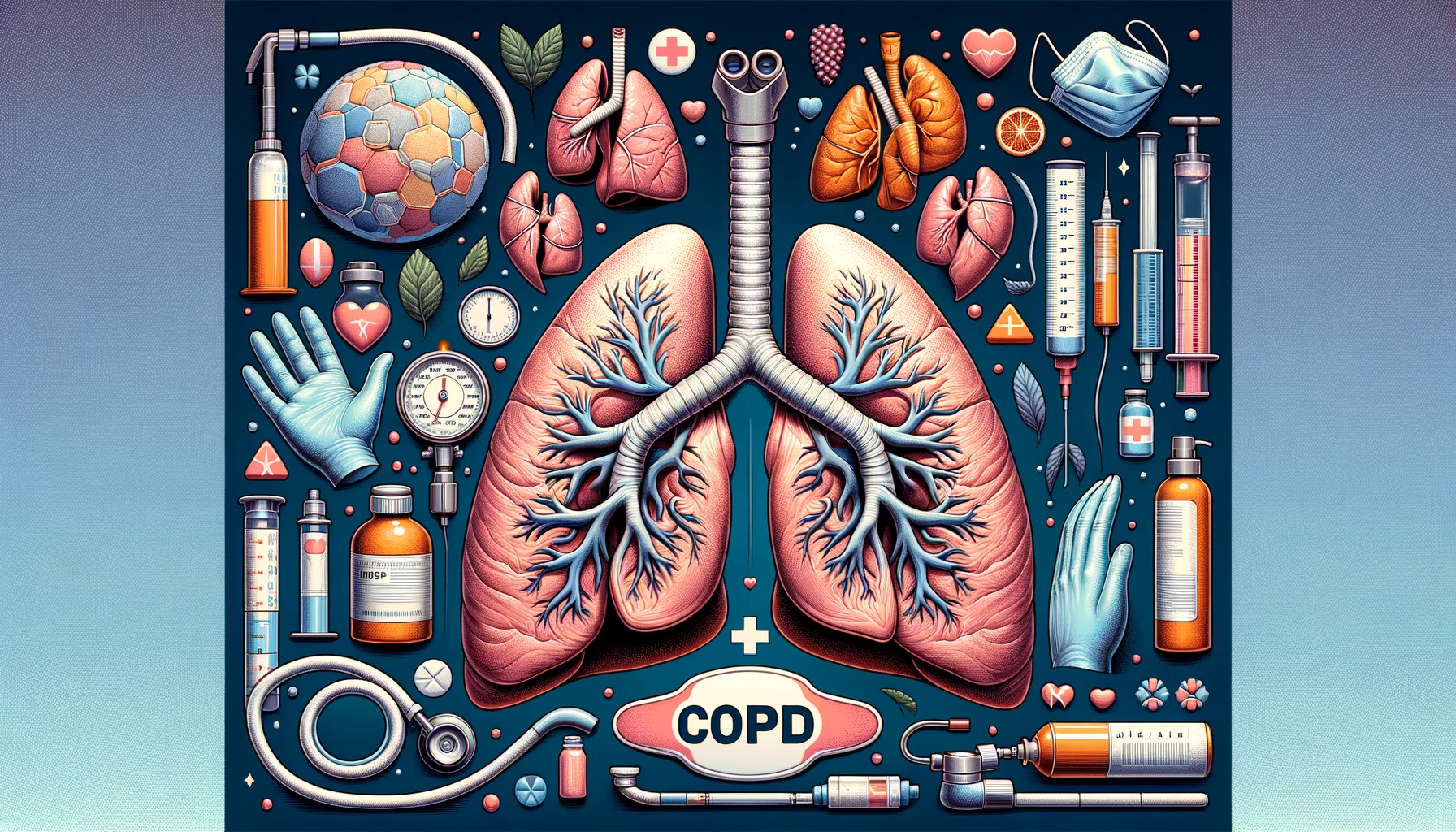Discover how personalized nutrition can transform your health. Explore benefits, meal strategies, and insights on ingredients like ground turkey and yeast.
In today’s world, one-size-fits-all diets are no longer effective. Personalized nutrition plans have emerged as a game-changer in achieving optimal health, weight loss, and disease prevention. Whether you're assessing
smart weight loss tips or managing your unique dietary needs, this guide offers science-backed insights into tailored nutrition for every individual.
What Is Personalized Nutrition?
Personalized nutrition is a tailored approach to eating, based on an individual’s genetic makeup, lifestyle, activity levels, medical history, and health goals. Unlike standard diets, it factors in unique biological markers to optimize nutritional intake and improve well-being. According to a study published in the journal *Nature Food*, individuals following customized diets experienced up to a 40% improvement in glycemic response compared to those on standard diets.
Why Personalized Nutrition Works
Everyone metabolizes food differently. What works for one person may lead to weight gain or energy crashes in another. Personalized nutrition helps optimize:
- Macronutrient ratios (carbs, fats, proteins)
- Micronutrient intake (vitamins, minerals)
- Digestive health (gut microbiome)
- Chronic conditions like diabetes or hypertension
Research by the American Journal of Clinical Nutrition in 2022 found that participants on personalized plans reported greater adherence and long-term weight management success.
Nutrition Basics: A Quick Refresher
Before diving deeper, let’s revisit the core nutrition definition. Nutrition is the science of how food affects the body’s performance, health, and development. A balanced diet includes:
- Proteins: chicken breast, ground turkey, or ground beef
- Fruits: kiwi, apples, and berries
- Vegetables: green beans, radish, romaine lettuce
- Whole grains: brown rice over white rice for better fiber
- Fats: nuts, seeds, and olive oil
How Personalized Plans Are Designed
Nutrition solutions are typically designed using the following steps:
- Health Assessment: Includes biometrics, DNA testing, and blood work
- Goal Setting: Weight loss, muscle gain, better energy, etc.
- Meal Planning: Tailored ingredients like lean proteins (e.g., nutrition ground turkey), fibrous vegetables (nutrition green beans), and low-GI carbs (nutrition white rice)
- Progress Monitoring: Adjustments based on results and feedback
Many individuals also track how popular food items impact their body. For instance, knowing the nutrition facts of chicken breast or the carb load in fast food like McDonald’s or Panda Express can influence better choices.
Case Study: Personalized Nutrition in Action
Rita, a 35-year-old teacher with pre-diabetes, struggled with energy dips and sugar cravings. A personalized nutrition plan was created based on her blood sugar sensitivity and lifestyle. Her plan included:
- High-protein breakfasts with hard boiled eggs and green beans
- Replacing sugary snacks with radishes and kiwi
- Adding nutritional yeast for its high B-vitamin content
Within 3 months, her HbA1c levels dropped by 1.2%, and she lost 6 kg. Personalized plans helped her build long-term habits rather than rely on restrictive fad diets.
Role of Nutritional Ingredients in Personalized Plans
Certain ingredients provide specific health benefits and can be included based on individual needs:
- Nutritional Yeast: Offers a cheesy flavor and is rich in B12. Ideal for vegans. (Explore nutritional yeast benefits and its substitute options for taste or allergies.)
- Ground Turkey: Lean protein, low in saturated fat, great for heart health
- Hard Boiled Eggs: High-quality protein, good fats, and satiation
- Romaine Lettuce & Radish: High in fiber and hydration
- Kiwi: Packed with vitamin C and aids digestion
Understanding Restaurant Food Nutrition
Tracking calories and nutrients at restaurants can be tricky. Here’s how popular chains compare:
- Nutrition McDonald’s: Opt for grilled chicken salads, skip fries and soda
- Nutrition Panda Express: Choose broccoli beef or grilled teriyaki chicken with mixed vegetables
- Nutrition Jersey Mike’s: Select mini-size sandwiches with lean meat, avoid high-fat dressings
- Nutrition Qdoba: Go for bowl options with beans, veggies, and grilled proteins
- Nutrition Raising Cane’s / 5 Guys: Limit portion size or swap fries with side salad
- Nutrition Nothing Bundt Cakes: Best enjoyed occasionally, understand sugar/calorie load
Personalized plans often guide dining choices based on your metabolic type or dietary goals.
Meal Planning Made Easy
A key part of nutrition solutions is efficient meal prep. Here’s a simple weekly template:
- Monday: Grilled chicken breast, quinoa, green beans
- Tuesday: Ground turkey lettuce wraps with radish salad
- Wednesday: Veggie stir-fry with tofu and nutritional yeast
- Thursday: Turkey chili with beans and romaine lettuce side
- Friday: Grilled fish, brown rice, steamed green beans
- Saturday: Cheat meal – but smart! Choose based on what you’ve learned from restaurant nutrition info
- Sunday: Meal prep for the week
Also, check out this related guide on
low BP and high pulse rate to ensure your personalized diet supports healthy vitals.
Technology in Personalized Nutrition
With AI and machine learning, nutrition platforms now analyze microbiome data, wearables, and glucose monitors to make hyper-personalized recommendations. Apps like Zoe and Nutrigenomix are helping people track their food response in real time. These tools take personalization a step further, helping users identify which white rice or ground beef quantity works for them individually.
Conclusion
Personalized nutrition is not a trend—it’s a sustainable path toward optimal health. From understanding your body’s response to specific foods like green beans or hard boiled eggs to making smarter choices at chains like 5 Guys or Qdoba, customization is key. Begin by assessing your needs, setting clear goals, and embracing tailored food strategies. Combine your efforts with smart hydration, stress management, and physical activity for maximum benefit.
FAQs About Personalized Nutrition
What is the benefit of personalized nutrition?
Personalized nutrition ensures your diet aligns with your metabolism, health goals, and lifestyle—making it more effective than generic diets.
Is nutritional yeast good for everyone?
Nutritional yeast is rich in B vitamins and is generally safe, but those with yeast sensitivities or Crohn’s disease should consult a doctor first.
Can I eat out on a personalized plan?
Yes. Use nutrition info from restaurants like McDonald’s or Panda Express to make smarter choices that fit your plan.
How do I start a personalized nutrition plan?
Begin with a health assessment, define your goals, and consult a registered dietitian or use tech-enabled platforms for guidance.
Does nutrition affect blood pressure and pulse?
Dedicated Support by HealthOK Global
HealthOK Global is your wellness partner for tailored dietary and lifestyle advice. Contact our FREE 24 x 7 Healthcare Helpline at
+91-8047190955 for expert nutrition support.
Follow Us on Social Media for More Health Tips!
Stay updated with HealthOK Global’s nutrition tips and health insights. Follow us on
Facebook,
LinkedIn, and
Instagram for expert guidance.






